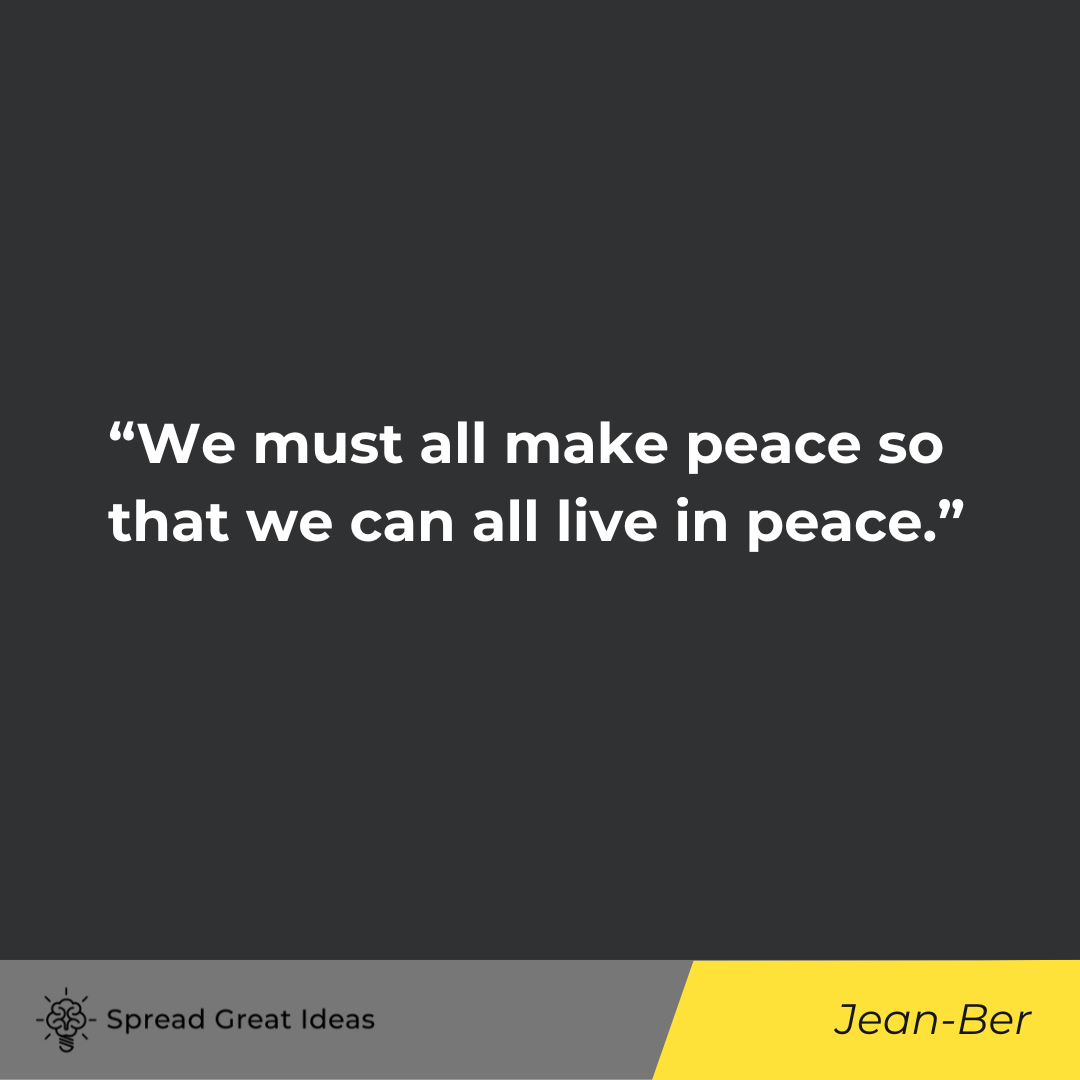Table of Contents
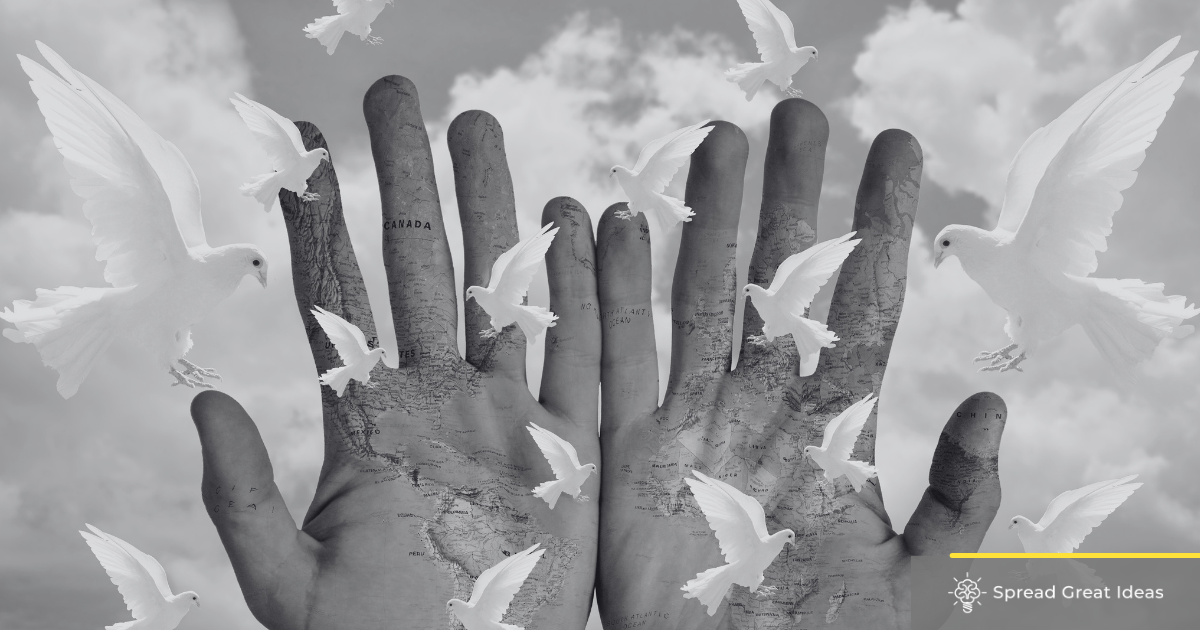
In a world often filled with noise and chaos, the pursuit of peace becomes a timeless endeavor. Peace is not merely the absence of conflict, but a state of equilibrium, a serenity that transcends the turbulence of life. As we navigate the complexities of our existence, seeking moments of tranquility becomes essential for our well-being and the well-being of the world around us.
In this collection, “Peace Quotes: Harmony in Words,” we embark on a journey through the wisdom of thinkers, leaders, and poets who have eloquently captured the essence of peace. These quotes serve as beacons, guiding us towards a deeper understanding of what it means to cultivate peace within ourselves and extend it to the broader tapestry of humanity.
Each quote is a reflection, a distilled nugget of insight that invites contemplation and introspection. From the profound to the simple, these words resonate across time and culture, offering glimpses into the universality of the human experience and the shared yearning for a world where tranquility reigns.
As we explore these pearls of wisdom, may we find inspiration to foster peace within our hearts, promote understanding among diverse communities, and contribute to the collective harmony that our interconnected world so desperately needs. Join us in this exploration of “Peace Quotes: Harmony in Words,” and let the timeless wisdom contained within these pages be a source of reflection, motivation, and a reminder that, even in the midst of challenges, the pursuit of peace is a noble and enduring endeavor.
Mother Teresa
“Peace begins with a smile.”
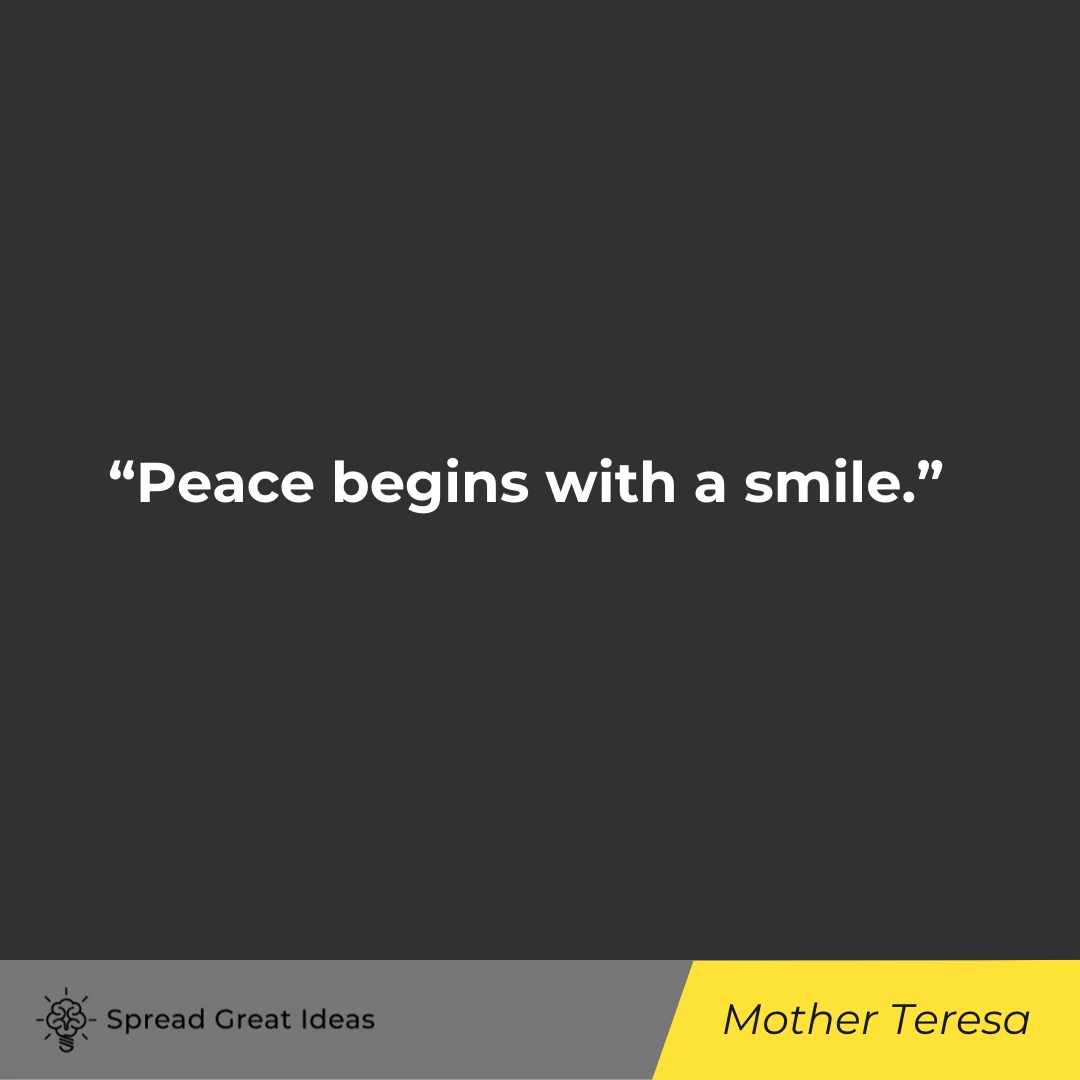
Siddhārtha Gautama
“Peace comes from within. Do not seek it without.”
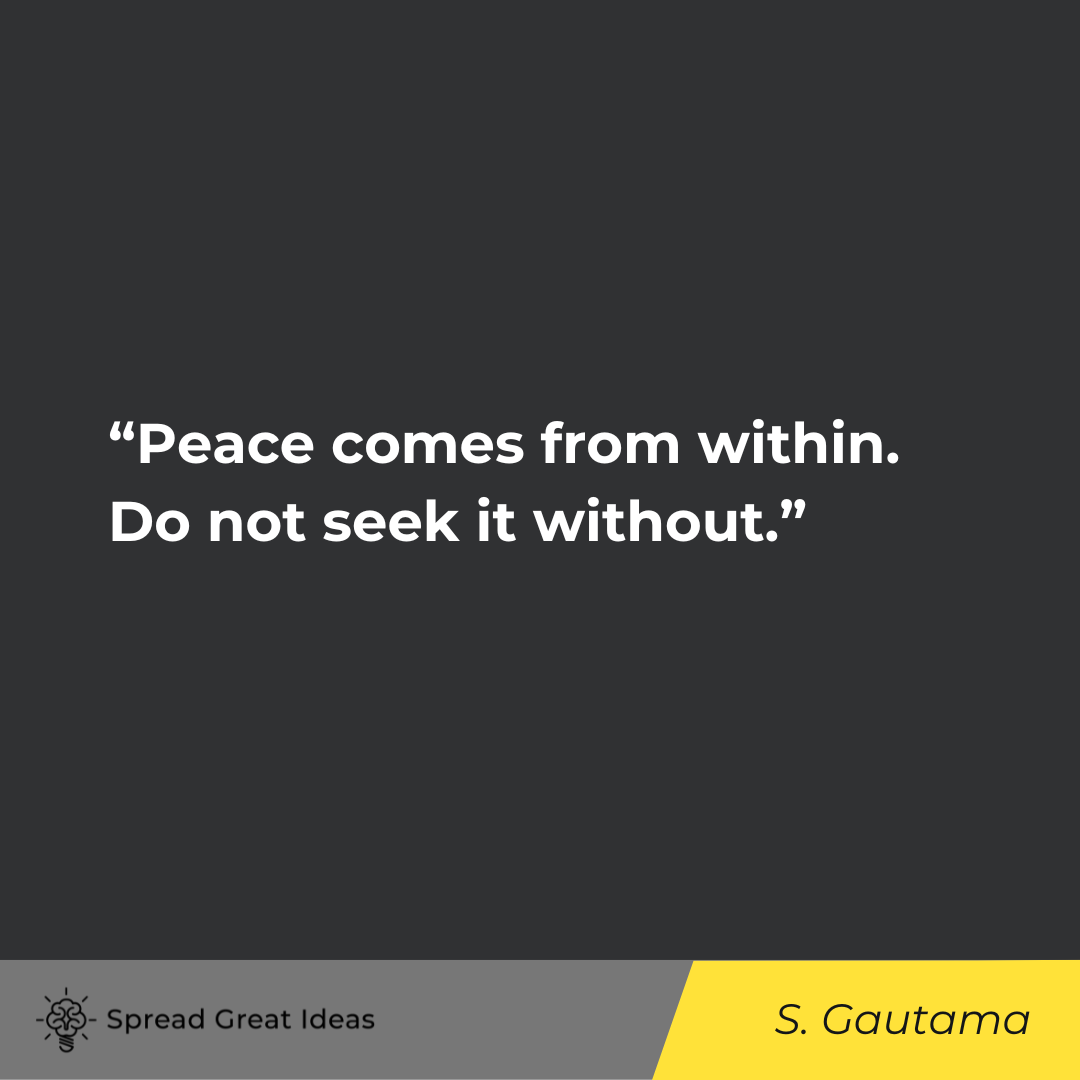
Albert Einstein
“Peace cannot be kept by force; it can only be achieved by understanding.”
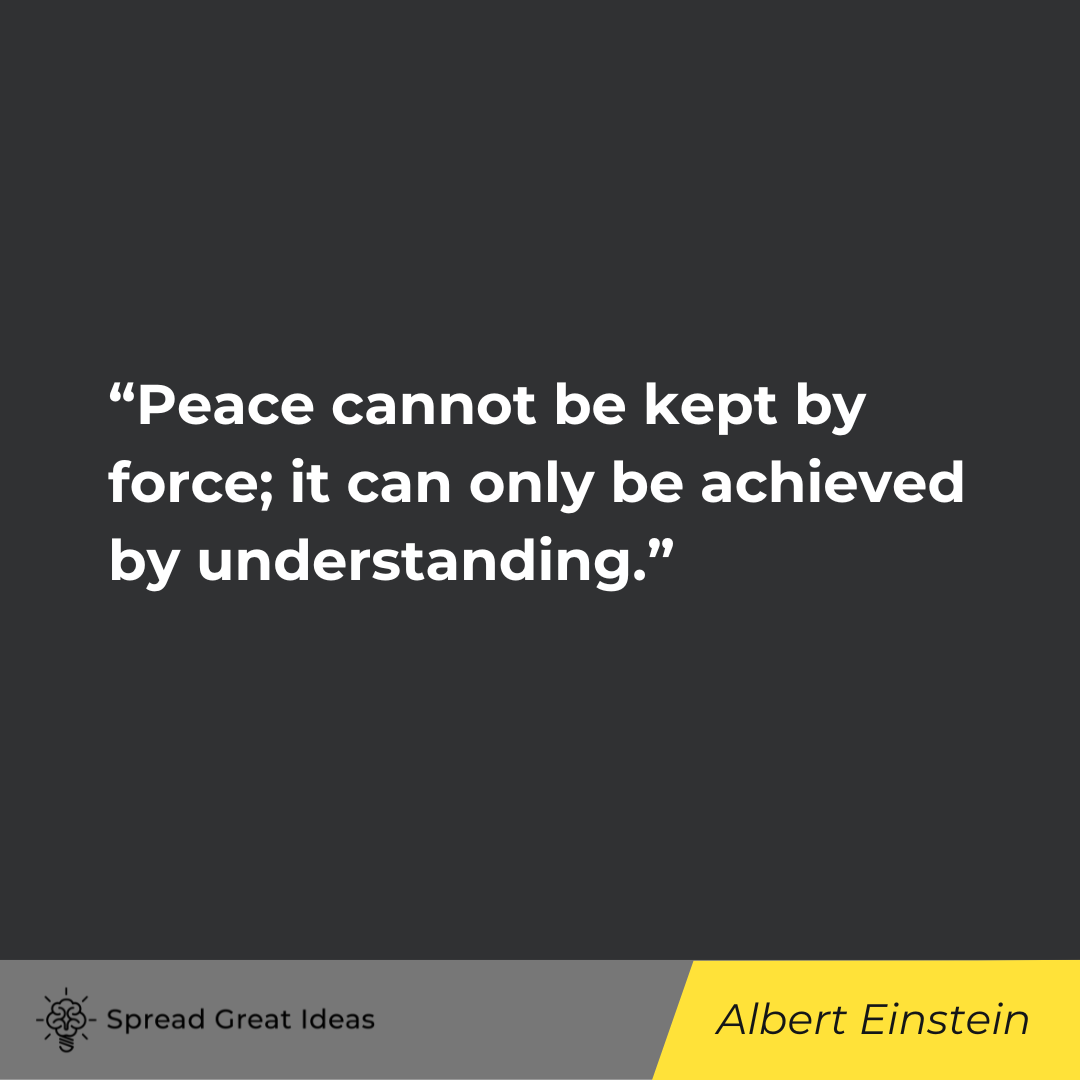
Buddha
“Peace comes from within. Do not seek it without.”
– Buddha
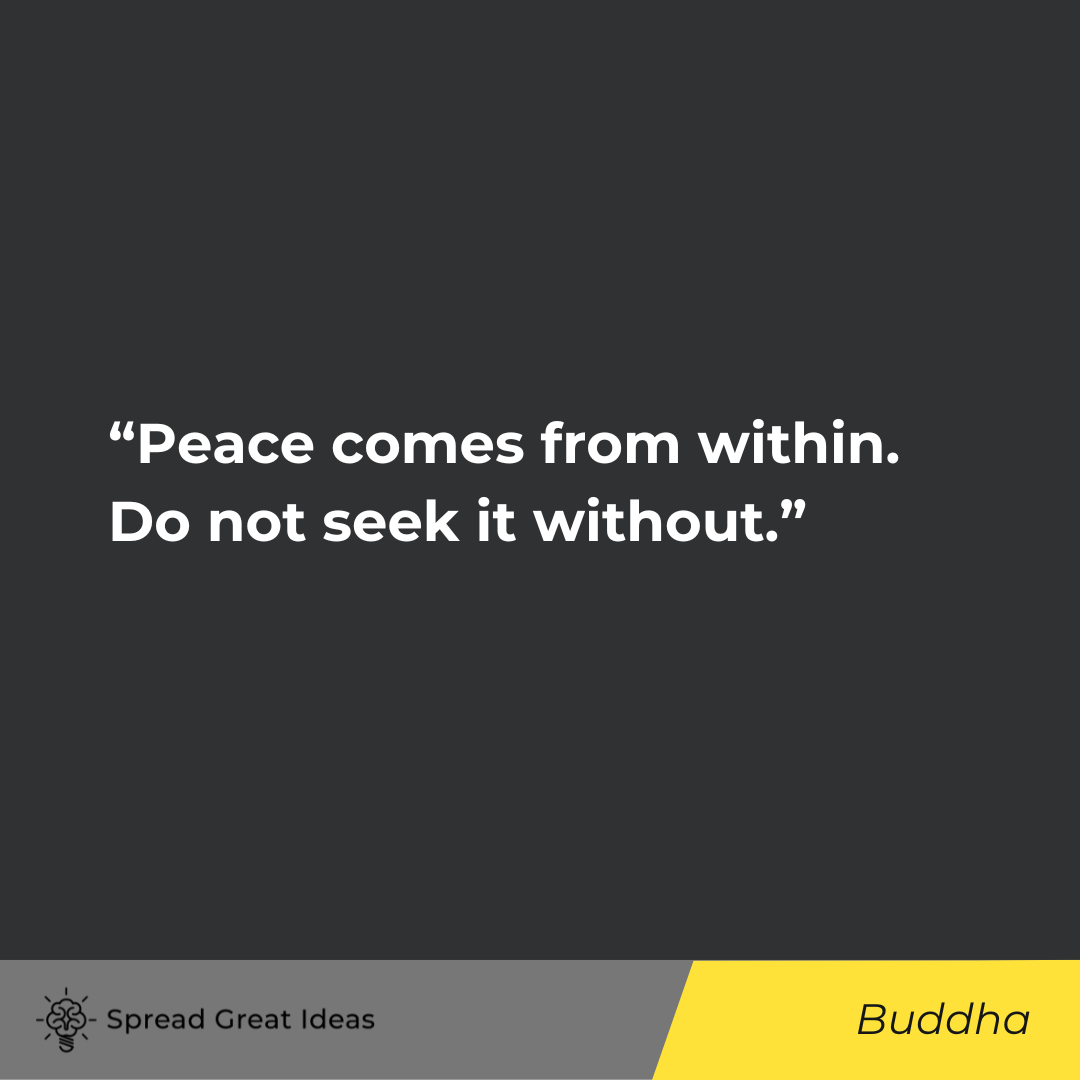
Aristotle
“We make war that we may live in peace.”
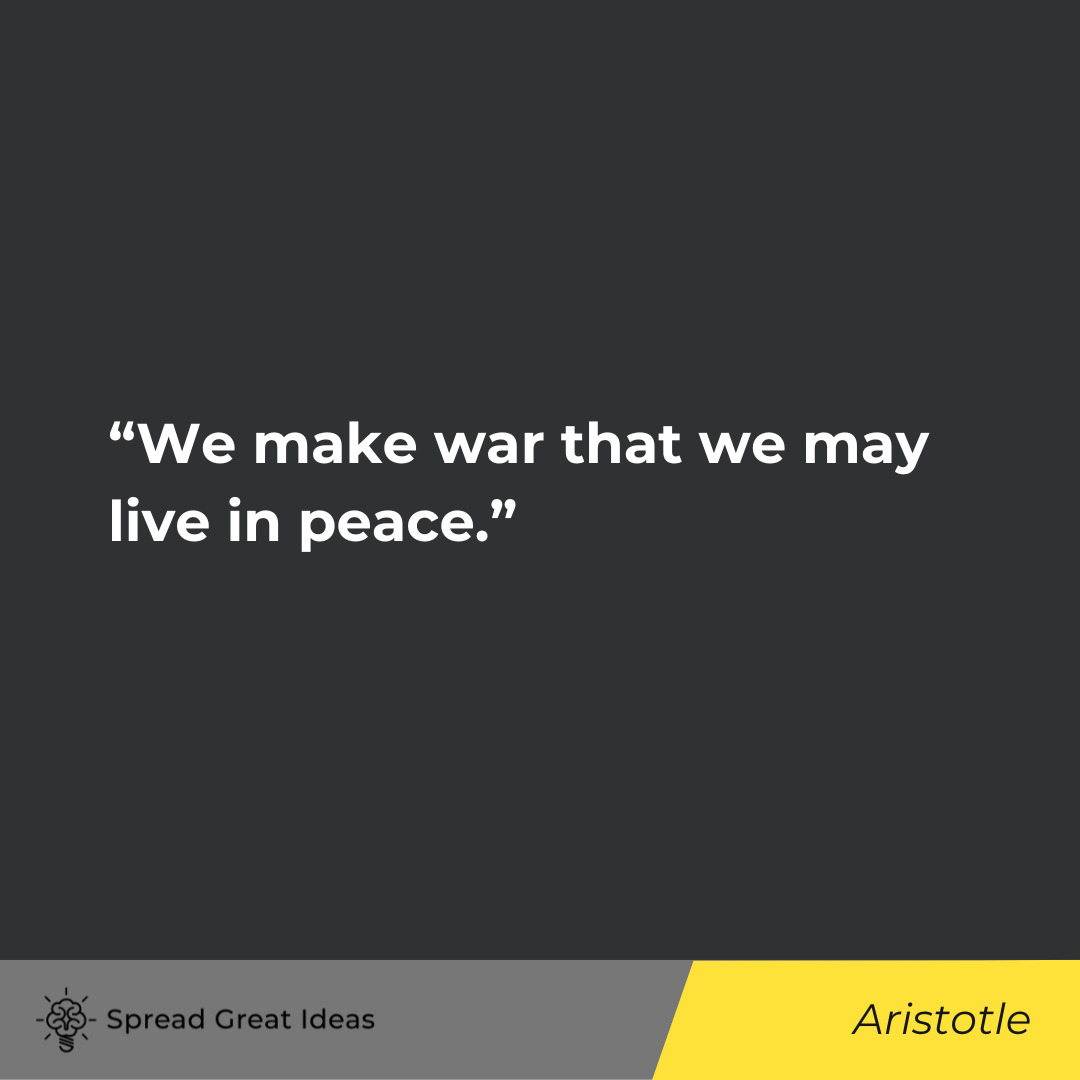
Dalai Lama
“We can never obtain peace in the outer world until we make peace with ourselves.”
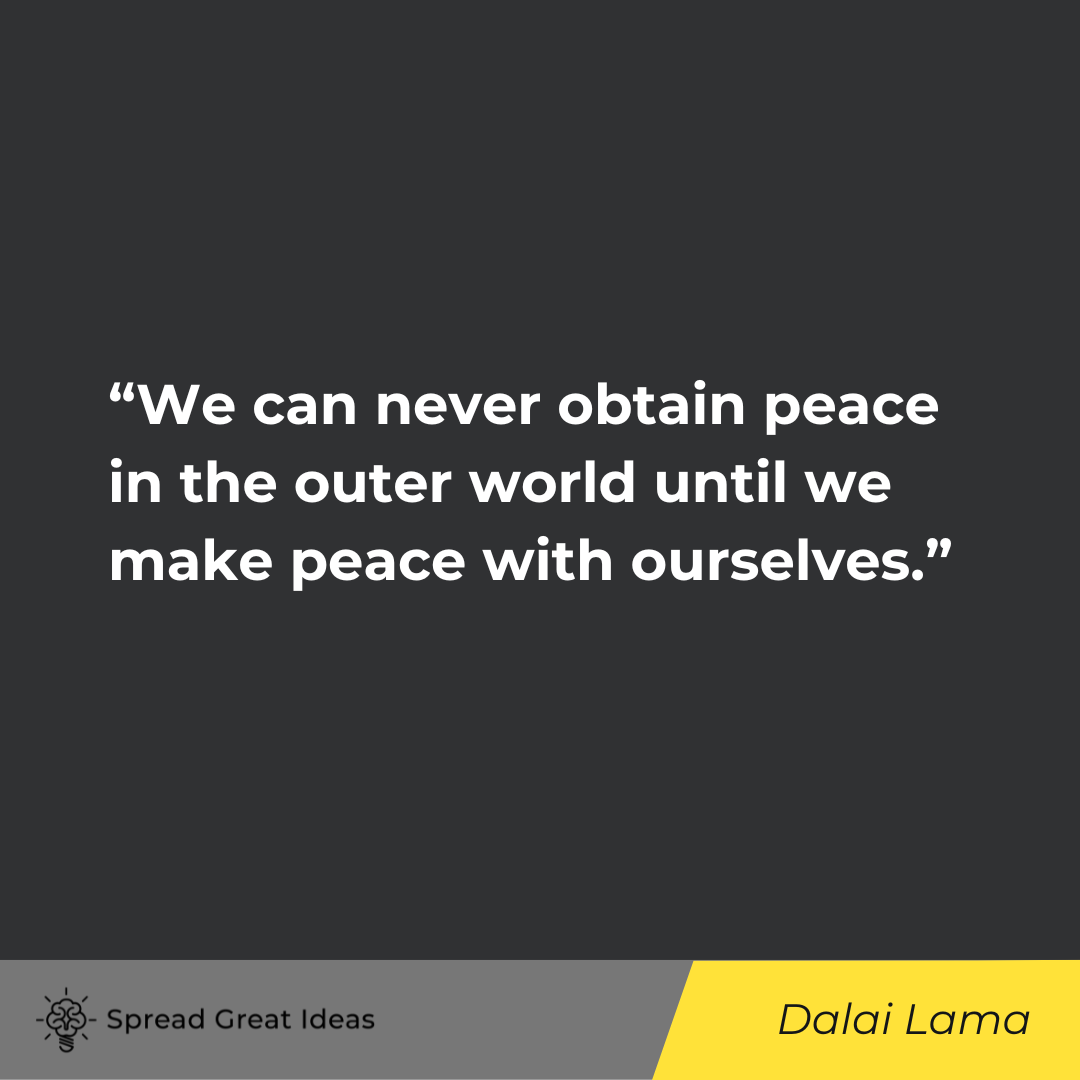
Carlos Santana
“The most valuable possession you can own is an open heart. The most powerful weapon you can be is an instrument of peace.”
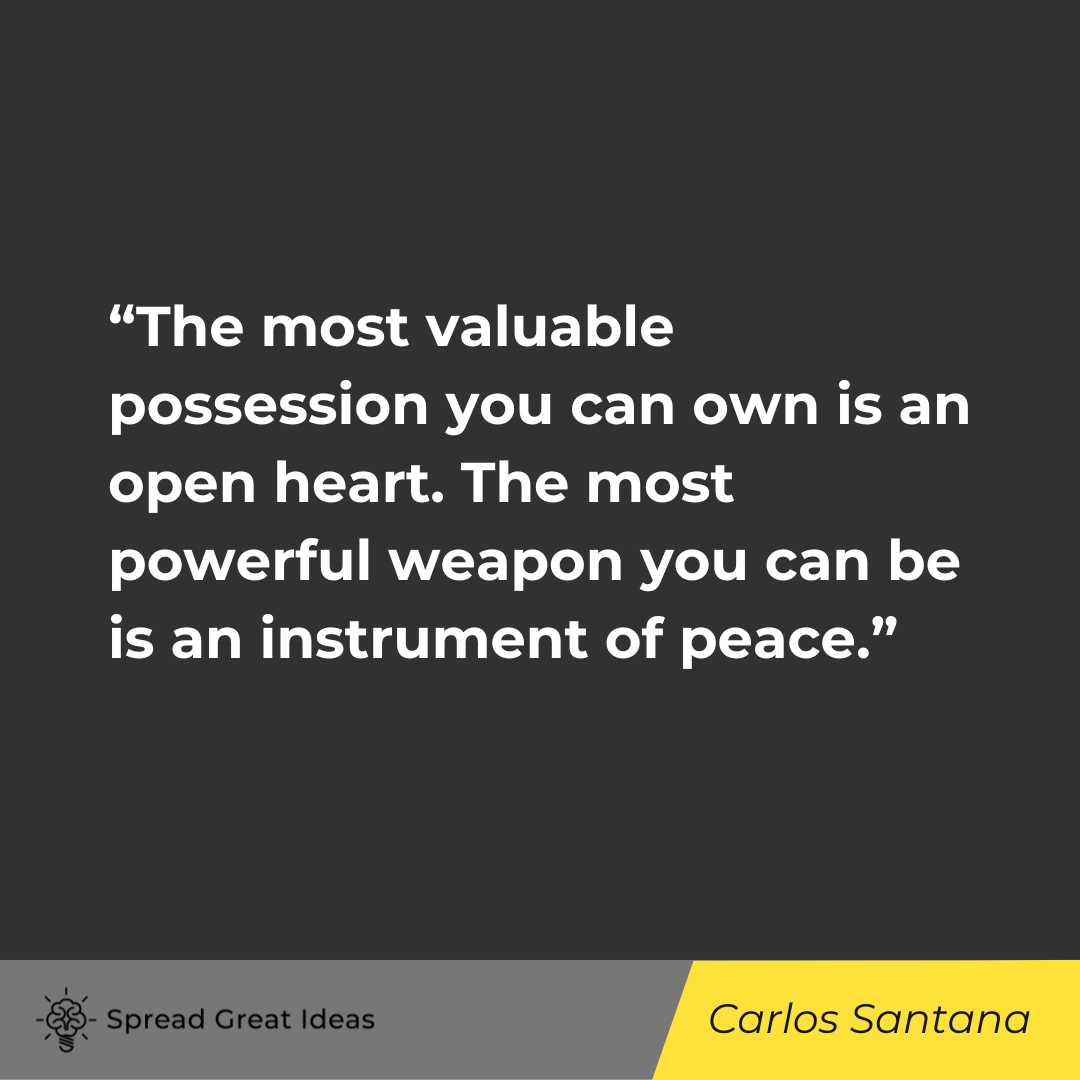
Lyndon B. Johnson
“Peace is a journey of a thousand miles and it must be taken one step at a time.”
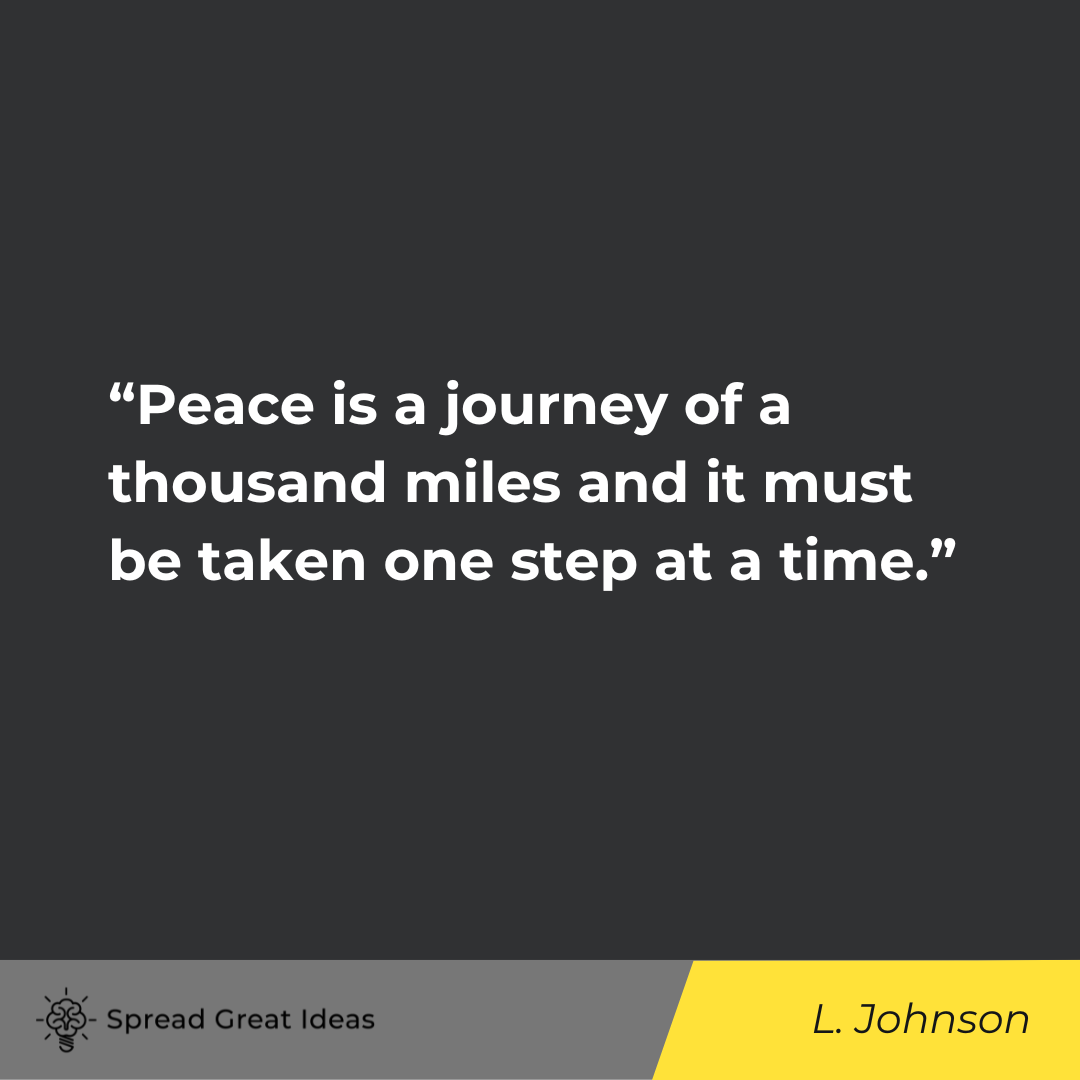
Thomas a Kempis
“First keep peace with yourself, then you can also bring peace to others.”
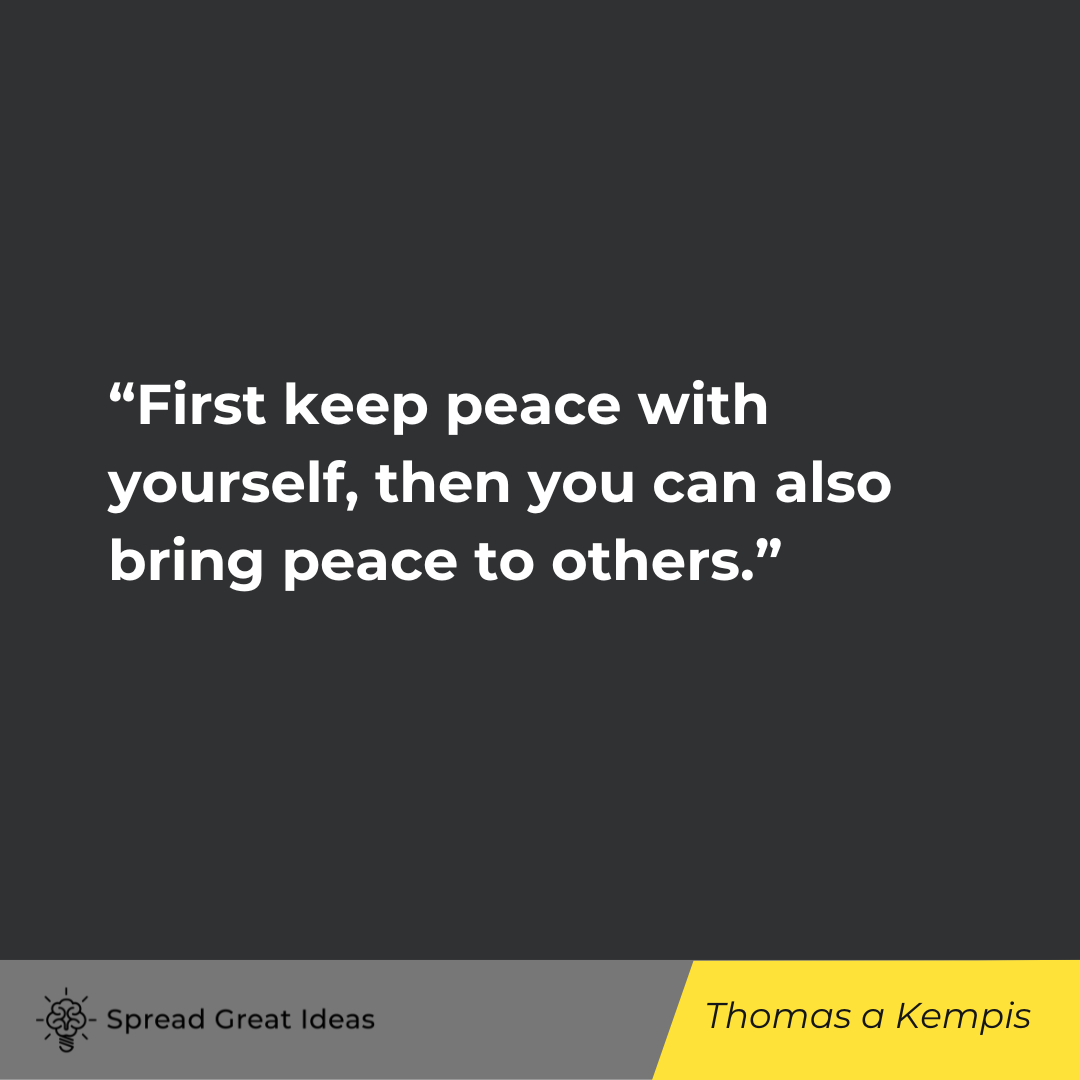
John Keble
“Peace is the first thing the angels sang.”
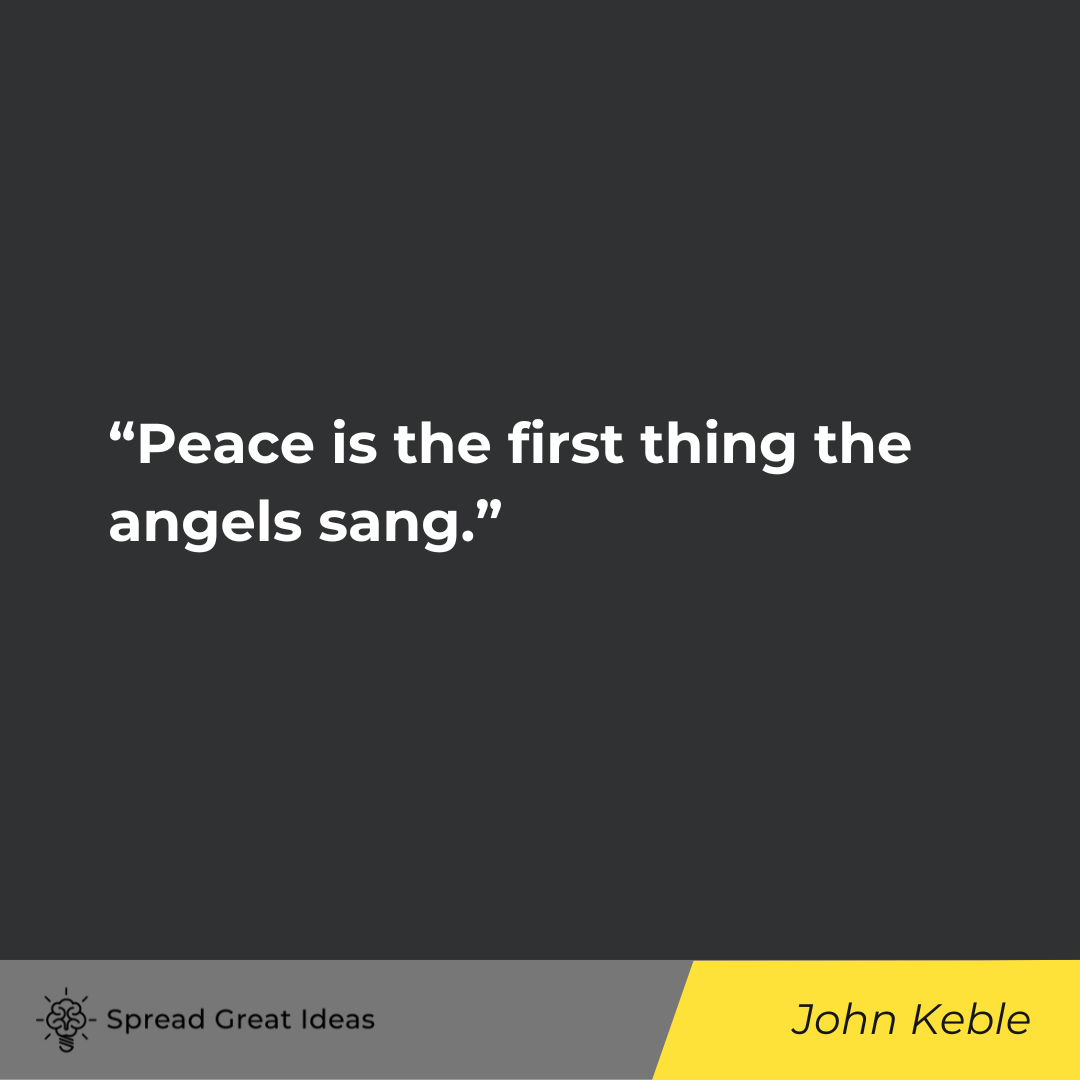
Jean-Ber
“We must all make peace so that we can all live in peace.”
– Jean-Ber
